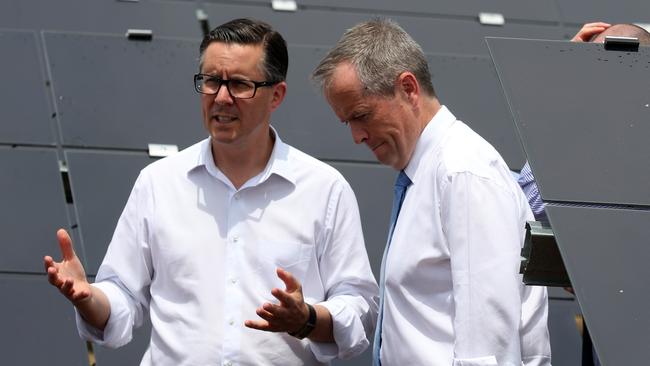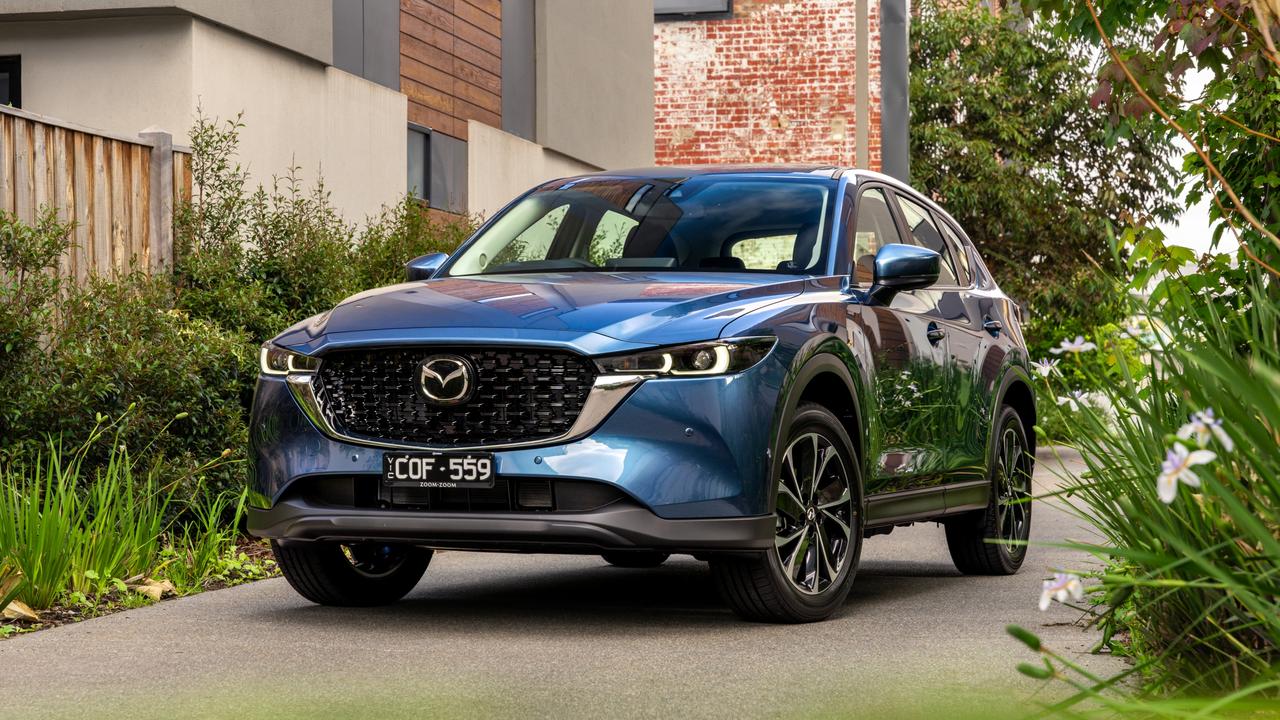
These emissions target can be translated into carbon abatement budgets that need to be met by 2030. In the case of Labor, the budget is around 1.3 billion tonnes of emission cuts. Compare this with the government’s budget of 700 million tonnes before taking into account the Kyoto carry-over of around 370 million tonnes which the government intends to use but which Labor has thus far declined to do.
In many ways, the figures tell us most of what we need to know: Labor’s emissions reduction policy is radical and likely to be extremely costly. It is simply not possible to achieve an emissions cut of this magnitude without there be a dramatic shake-up in the composition of the Australian economy and substantial hikes to the price of electricity.
The policy announcement is in four main parts: an extension of the so-called safeguards mechanism which covers big emitters; a continuation of the Renewable Energy Target in the electricity sector which is lifted to 50 per cent by 2030; new restrictions on land clearing by farmers leading to forced reforestation; and new vehicle emissions standards.
There will also be a few bibs and bobs taken on board from the government’s suite of policies – energy efficiency programs and technology improvements, for example.
Labor’s plan is to use the current safeguards mechanism that applies to operations that currently emit 100,000 tonnes of CO2-equivalent per year, but to reduce this level to 25,000 CO2-e. This will bring in many more factories — for example, abattoirs and other smaller plants.
The mechanism could be converted into a cap-and-trade scheme using baselines and credits. Given the size of the emissions cut that will be required of this component, we should expect a number of significant closures over the course of the decade. Steel-making will struggle to survive as well as cement and fertiliser manufacturing. Bear in mind these plants offer high paid jobs to largely unionised workers.
When it comes to the RET, a Labor government may resort to the intervention preferred by state governments — the reverse auction. This provides guaranteed cash flows for the selected projects; it is the form of ongoing subsidy favoured by many renewable energy companies. But with a RET at 50 per cent, we would expect electricity prices to double by the end of the 2020s.
Restrictions on land clearing have already been imposed on the farming community, but Labor will expect even more in order to meet its abatement budget. Reforestation may be required for paddocks left fallow for a season or two. And there is also a possibility that livestock producers will be forced to restrict herd sizes — action that is currently being contemplated in New Zealand.
Finally, new vehicle emissions standards will add between $5000 and $10,000 to the price of the most popular vehicles, which will be particularly harmful for tradies and the farming community. Expect also subsidies for electric vehicles.
By releasing the policy on the day before the budget, Labor is surely in the running for the most cynical political ploy of the year. Butler wants the policy to be buried with nary any discussion or analysis.
He knows that Labor’s emissions reduction target is difficult to defend, particularly as it is clear that most other countries are already failing to meet their commitments made under the Paris climate agreement. The most recent data shows that worldwide carbon dioxide emissions from energy production are rising strongly.
To quote economist Thomas Sowell, “it doesn’t matter if it works well as long as it sounds great.” Butler should write it down on his whiteboard because this seems to be his motto.




Shadow minister for climate change and energy, Mark Butler, has been under pressure for some time to release the details of Labor’s carbon emissions reduction policy. Recall that Labor has announced its intention to reduce carbon dioxide emissions by 45 per cent by 2030 relative to the 2005 level. This contrasts with the government’s policy to cut emissions by between 26 and 28 per cent.